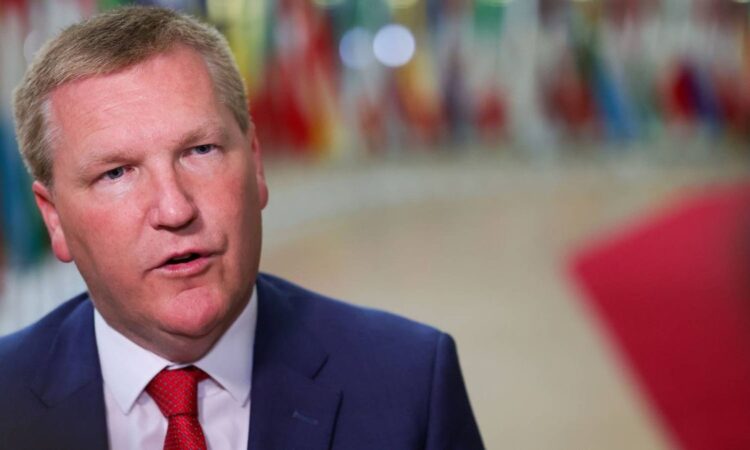
In the heart of Europe, Ireland stands on the precipice of a pivotal moment, its ambitions to lead in the fight against financial malfeasance at a crossroads. The Emerald Isle, known for its verdant landscapes and rich cultural heritage, now finds its bid to host the European Union’s anti-money laundering agency under a microscope. This scrutiny comes in the wake of revelations from a leaked FBI bulletin in 2020, casting long shadows over Ireland’s financial integrity. The document places Ireland in the same conversation as the Cayman Islands, pointing to its financial institutions as arenas for fraud, transnational organised crime, and sanctions evasion. At the core of the issue are private equity and hedge funds, implicated in activities that starkly contrast with the clean, transparent image Ireland wishes to project in its quest.
The Stain on a Green Image
At the heart of the controversy is an uncomfortable juxtaposition: Ireland’s esteemed position in the global finance sector against the damning allegations stemming from the leaked FBI document. The bulletin does not mince words, describing how the nation’s financial mechanisms have been weaponized by illicit actors. This revelation has not only raised eyebrows but also prompted a reevaluation of Ireland’s suitability as the home for the EU’s flagship anti-money laundering institution. The implications are profound, challenging the narrative of Ireland as a bastion of financial propriety and casting doubts on its commitment to combating the flow of dirty money.
Reputation on the Line
For Ireland, much more than hosting rights are at stake. The country has long cultivated an image as a forward-thinking, transparent financial hub, integral to its appeal to international investors and institutions. The allegations of complicity in financial crimes threaten to unravel this carefully constructed persona, suggesting a disconnect between public image and the private realities of its financial sector. In response, Irish officials have been quick to defend their record, pointing to robust regulatory frameworks and a commitment to international cooperation in money laundering prevention. Yet, as the debate intensifies, the global community watches closely, pondering the implications of entrusting the battle against financial crime to a nation now under the lens for the very issues it aims to combat.
Looking Ahead: Transparency or Transgression?
The controversy surrounding Ireland’s bid to host the EU anti-money laundering agency unfolds against a broader narrative of financial transparency and accountability. As nations grapple with the complexities of global finance, the importance of robust, transparent regulatory systems has never been more apparent. For Ireland, the path forward is fraught with challenges. It must navigate the delicate balance between rehabilitating its image and reinforcing its financial governance structures. This involves not only addressing the specific allegations made in the leaked FBI bulletin but also demonstrating a sustained, unwavering commitment to financial transparency and the fight against crime. The outcome of this bid may well serve as a litmus test for Ireland’s role in the global financial system and its capacity to lead in the critical arena of anti-money laundering efforts.
In conclusion, Ireland’s ambitions to host the EU’s anti-money laundering agency have been met with skepticism, ignited by revelations of past financial crimes. The leaked FBI bulletin from 2020 has cast a long shadow, questioning the nation’s financial integrity and commitment to combating money laundering. As Ireland contends with these challenges, the international community remains attentive, recognizing the broader implications for global financial transparency and governance. The resolution of this issue will not only determine the future of Ireland’s bid but also signal its dedication to leading the fight against financial crime in an increasingly interconnected world.






